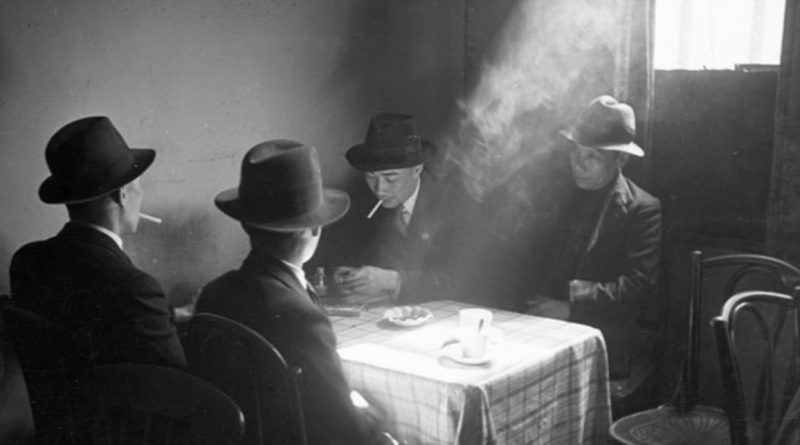The Power Of One
With the loss of the Welsh Brecon and Radnorshire seat yesterday, the Conservative party is down to a majority of one.1,2 It is not even a real majority, but consists of their own bunch of squabbling MPs numbering 311 and the DUP, whom they bribed with a billion pounds (to be spent over five years). If there are any more Tory MPs pushed out for criminal activity or defections, probably to the Lib Dems, then Boris Johnson will have no working majority at all.
This event has several interesting factors, ranging from the local through the national to the global.
At the local level, it beggars belief that a mature (indeed ancient) political party like the Conservatives would put forward the same candidate who had been convicted of an expenses offence and been subject to a recall. It suggests a breathtaking level of brainlessness and arrogance. Perhaps someone somewhere with power thought it as a good idea, or maybe it was accident. Whatever the explanation, it surely doesn’t say anything that would bolster confidence in the government of a country that still thinks itself important.
This has already taken us from the local through the national to the global. In the same way, so does the statement from James Cleverly,3 Chairman of the Conservative Party, that he doesn’t like dirty backroom deals, which is what he calls the anti-Brexit agreement between the Welsh Plaid Cymru and the Greens not to stand against the Liberal Democrats and thus split the Remain vote. This deal – dirty or clever, depending on your party or point of view – certainly seems to have worked. The Brexit Party, UKIP and the Conservatives came to no such understanding.
But what about ‘dirty backroom deals’? Politics in many places is full of deals, which is probably not a good thing, but surely the dirtiest backroom deal of the last decade in British politics was that cobbled together by Theresa May with the DUP after her disastrous snap-election in June 2017 removed the majority she had inherited from David Cameron. The DUP (Democratic Unionist Party, a hard-right party that fought against every peace agreement put forwards, including the Good Friday Agreement) extracted what amounts to a bribe of a billion pounds to support the Conservatives, when otherwise they would most likely have collapsed.
How such an agreement can be allowed in a democracy is as unfathomable as it is bad. In effect, it amounts to £100 million per voter, since there are ten DUP members who can vote in parliament. Perhaps this is the most expensive bribery scandal in history? Whatever it is, it isn’t democratic. It also has national and global effects and historical effects, in that it further undermines the status of democracy in Britain, which has, or at least had, something of an iconic status in the annals of democracy.
At the national and international level, Johnson’s disappearing majority, however unfairly obtained, also calls into question how a government with a majority of one and a highly questionable mandate is going to drive through one of the largest constitutional change in britain for half a century, and if that change triggers the dissolution of the UK one could say the largest change in a thousand years. Just what kind of a democracy is this? It has been calculated that just over 92,0004 or less than 0.14% of the British public actually voted for Boris Johnson as prime minister. Surely a democracy that cared about its future would put in place some kind of braking system that meant that large constitutional decisions should have very clear majorities behind them.
Is this the result of a populace which seems to care more about television, holidays, screen games and spectator sports than how life should be conducted? Since so much of life is spent gaming in one way or another, is that how most people see politics – as some kind of distant game that doesn’t really matter?
1. https://www.independent.co.uk/news/uk/politics/brecon-radnorshire-by-election-result-lib-dem-boris-johnson-brexit-a9035206.html
2. The BBC explains the byzantine UK parliamentary maths here: https://www.bbc.co.uk/news/uk-wales-politics-49200636
3. James Cleverly is on video at the top the article in footnote 2.
4. https://www.newstatesman.com/politics/staggers/2019/07/just-013-cent-population-voted-boris-johnson

